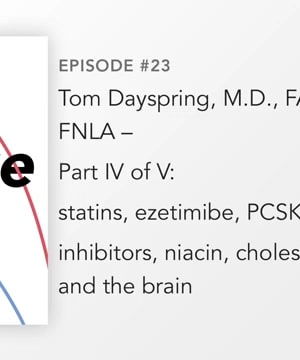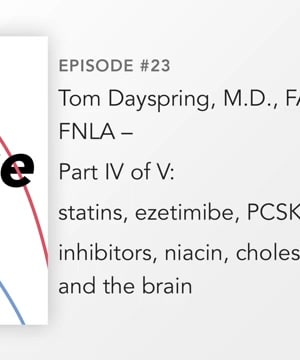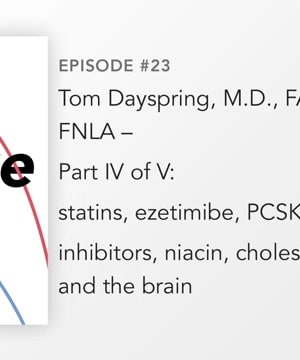Niacin
Sources:
Niacin, also known as Vitamin B3, has been a topic of discussion for its potential effects on cardiovascular health, particularly in reducing triglycerides and increasing HDL cholesterol levels. However, its use has been controversial due to mixed results in clinical trials and potential side effects.
-
Efficacy and Trials: Niacin was once popular for its ability to raise HDL cholesterol and was thought to reduce cardiovascular risk. However, significant trials like the Aim High trial and others have shown no substantial cardiovascular benefits, and niacin has not demonstrated a reduction in coronary heart disease events in well-designed studies 1 2.
-
Side Effects: One of the notable side effects of niacin is flushing. Niacin can also impact liver function and glucose levels, and aggravate insulin resistance. These side effects have contributed to its reduced use in clinical settings 3.
-
Current Medical Opinion: Despite its ability to modify lipid levels, niacin is less commonly prescribed today. Newer lipid-modifying agents and concerns over side effects have led to a preference for other treatments. Niacin might still be considered in specific cases, such as in patients who cannot use other more common medications like statins or PCSK9 inhibitors 4.
-
Potential Benefits for Brain Function and Microvascular Health: On a different note, niacin has been discussed for its potential benefits beyond lipid modification, such as improving capillary health and brain function. However, these uses are not widely recognized in mainstream medicine and should be approached with caution 5.
In summary, while niacin can modify lipid levels favorably by increasing HDL and lowering triglycerides, its lack of demonstrated benefits in reducing cardiovascular events and its potential side effects limit its use in current medical practice.
RELATED QUESTIONS-



